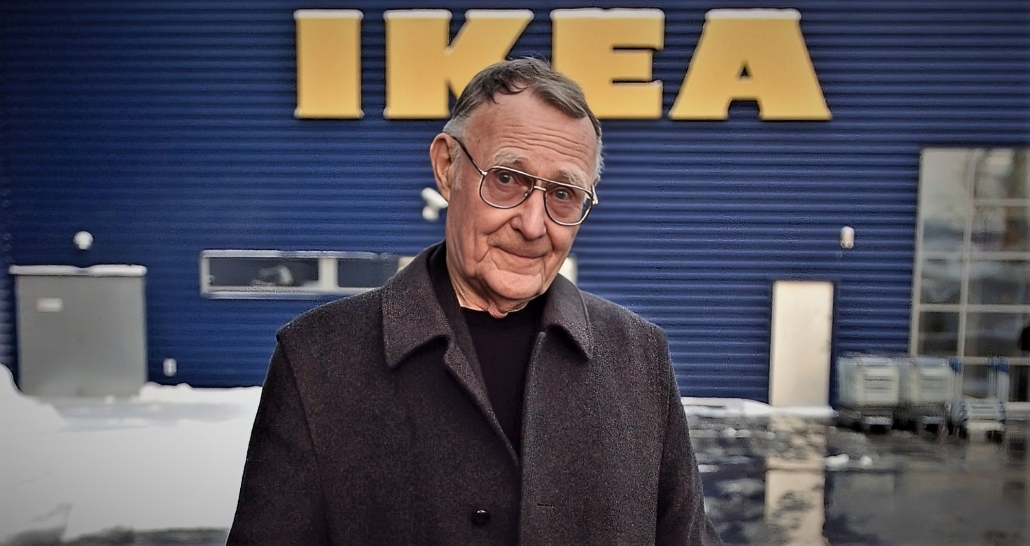Ingvar Kamprad: The Billionaire Who Chose Simplicity Over Status
We’re used to a certain billionaire aesthetic: luxury cars, designer suits, private jets, and champagne on yachts. But Ingvar Kamprad, the founder of IKEA, rewrote that script completely. Despite building a global empire and amassing billions, Kamprad continued to: Drive a 20-year-old Volvo Fly economy class Wear second-hand clothes Eat simple meals at IKEA cafeterias To the world, it looked like unnecessary frugality. But to him, it was a principle. Kamprad grew up during a time when waste was shameful, not glamorous. His philosophy wasn’t just about money—it was about respect: for resources, for people, for the planet. 💬 “People say I am cheap. I say I am careful with resources. There’s a difference.” In a culture obsessed with more, Kamprad’s life teaches us the beauty of enough.
BILLIONAIREMOTIVATIONMONEY MOTIVATION
Thrivevision
4/7/20252 min read


The Billionaire Who Lived Simply: Lessons from IKEA Founder Ingvar Kamprad
When we think of billionaires, we often picture lavish lifestyles—private jets, designer wardrobes, exotic vacations, and champagne flowing on yachts. But Ingvar Kamprad, the founder of IKEA, was an extraordinary exception to the rule. Despite building one of the largest furniture empires in the world and amassing a fortune worth billions, Kamprad remained fiercely grounded, living a life of simplicity that confounded—and inspired—many.
Kamprad’s daily life was remarkably modest. He famously:
Drove a 20-year-old Volvo
Flew economy class, even for international trips
Wore second-hand clothes
Ate most of his meals at the IKEA cafeteria
Stayed in budget hotels while traveling
To some, this looked like extreme frugality. But for Kamprad, it was a matter of principle. He wasn’t being stingy—he was being intentional. Raised during the Great Depression and shaped by a rural Swedish upbringing, Kamprad learned to value resourcefulness over extravagance, utility over luxury.
💬 “People say I am cheap. I say I am careful with resources. There’s a difference.”
This ethos wasn’t just personal—it was baked into IKEA’s DNA. The brand’s flat-pack furniture, minimalist design, and do-it-yourself model reflect Kamprad’s values: functionality, affordability, and efficiency. He believed in making well-designed furniture accessible to the masses, not just the wealthy elite.
What made Kamprad especially unique wasn’t just how he lived—it was why he lived that way. His choices were rooted in humility, empathy, and respect for the planet. He viewed waste not as a sign of success, but as a moral failing. He practiced what he preached, knowing that leadership isn’t just about profits—it’s about setting an example.
In an era dominated by consumerism and social media flex culture, Kamprad’s life offers a powerful counter-narrative. He showed the world that wealth doesn’t have to be loud. That success isn’t measured by what you show off, but by what you create, build, and give back.
Kamprad passed away in 2018, but his legacy lives on—in IKEA’s enduring commitment to sustainability, affordability, and smart design. His story continues to resonate with entrepreneurs and dreamers who believe in doing things differently.
In a culture obsessed with more, Kamprad reminds us of the beauty of enough. True wealth, it turns out, isn’t about how much you spend—but about how wisely you live.
Inspiration
Explore success stories and motivational journeys today.
Growth
Vision
© 2025. All rights reserved.
